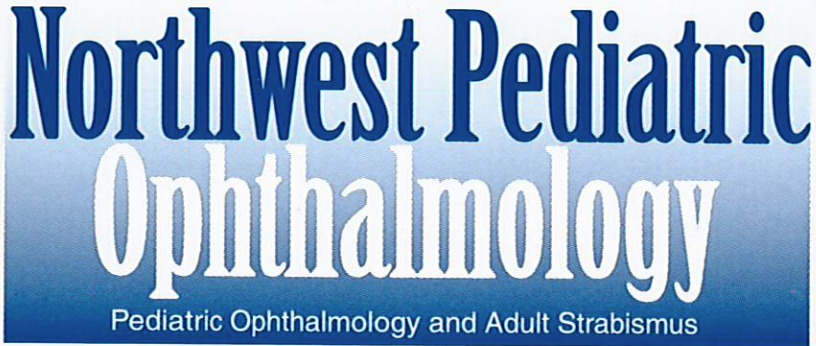Strabismus Care Instructions
DIETARY RESTRICTIONS:
Under
2 years old
OVER
2 years old
Note: Call with questions regarding dietary restrictions.
Avoid aspirin/ibuprofen for 2 weeks before surgery, unless prescribed by your primary care practitioner. Acetaminophen (Tylenol) is ok.
Your child may bring a blanket or bedtime buddy with them. Please wear loose-fitting clothing and bring a change of clothes with your child on the day of the procedure.
What to expect at the Pediatric Surgery Center
Upon arrival at Providence Sacred Heart Children’s Hospital, you will check into the Pediatric Surgery Center located on floor L1. Once you are checked in, the staff will start to prepare your child in the pre-operative area. This process takes about 90 minutes. You will be with your child through this process. When the doctor is finished with the procedure, the staff will take your child to the recovery room where you will join them. Expect to be at the surgery center for 3-4 hours.
Care of the surgical site
Eye drops and/or eye ointment along with instructions will be given to you at the time of the procedure. These are to be used after the surgery to help reduce the risk of infection and swelling.
Eye drop/ointment instructions
Ask your child to look up and gently pull down your child’s lower eyelid to apply eye drop/ointment inside the eyelid. Having your child lie down can be a helpful position. You may need more than one person to help give the medication.
Changes you could expect to see
Expect eyes to be very bloodshot. Commonly, the white part of the eye is red after surgery. Redness can take up to 6 weeks to resolve.
Bloody tears may be seen up to 24 hours after the procedure.
Eye mattering and/or discharge may also be seen for a few days. Use a warm moist cloth to remove it.
Double vision may occur, or vision may be different after surgery. This should resolve during the healing process.
Eye alignment can fluctuate during the post-operative period, and it is common to see some eye misalignment after surgery.
Possible nausea/vomiting can occur up to 12 hours after general anesthesia.
When can my child get wet?
Your child may take a bath or shower after the procedure but be careful to avoid standing water in the eye(s).
No swimming for 2 weeks.
Are there any activity restrictions?
Following the procedure, your child should be kept in clean environments for 1 week (no sandy or dirty areas).
Most children can resume regular activity 24 hours after surgery.
Sports may be resumed 1 week after surgery, occasionally it can take longer due to comfort levels. Speak with your doctor to confirm.
No swimming for 2 weeks.
When should my child be seen again?
One of our technicians will contact you by phone the day after surgery. Your child will be seen in the office 1 week after the procedure.
How long will my child's procedure take?
Strabismus procedures can take 45-60 minutes. The procedure may take longer depending on the complexity of your case.
How can I manage my child’s pain?
Some pain and discomfort can be normal after surgery. If your child does experience pain or discomfort our surgeons recommend over-the-counter pain relievers such as Acetaminophen/Ibuprofen.
Alternating these two pain relievers does a great job of staying on top of any discomfort your child may experience. If your child can use these medications, be sure to follow the dosing schedule on the bottle.
Cool compresses can also help with discomfort.
When should I call the office?
Call us at 509-838-6686 if any symptoms get worse, such as pain, discharge, significant swelling or redness around the eye, fever over 100.5, lethargy, loss of appetite, or vision problems.
